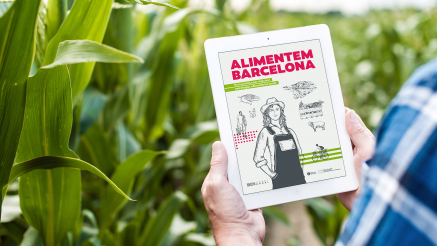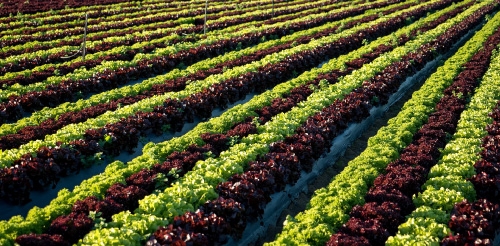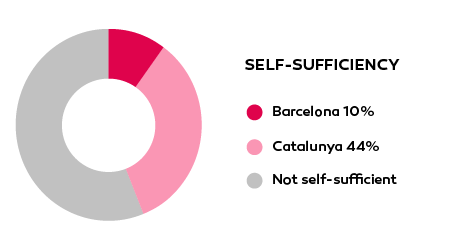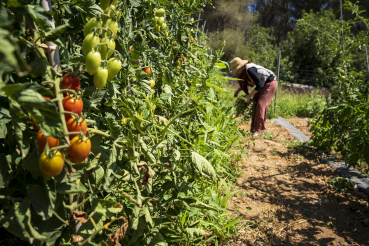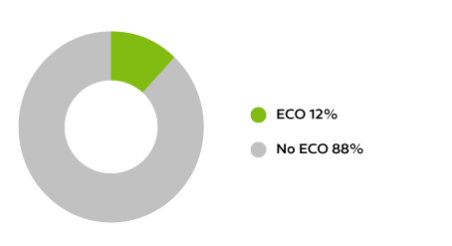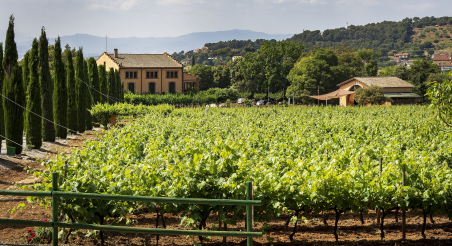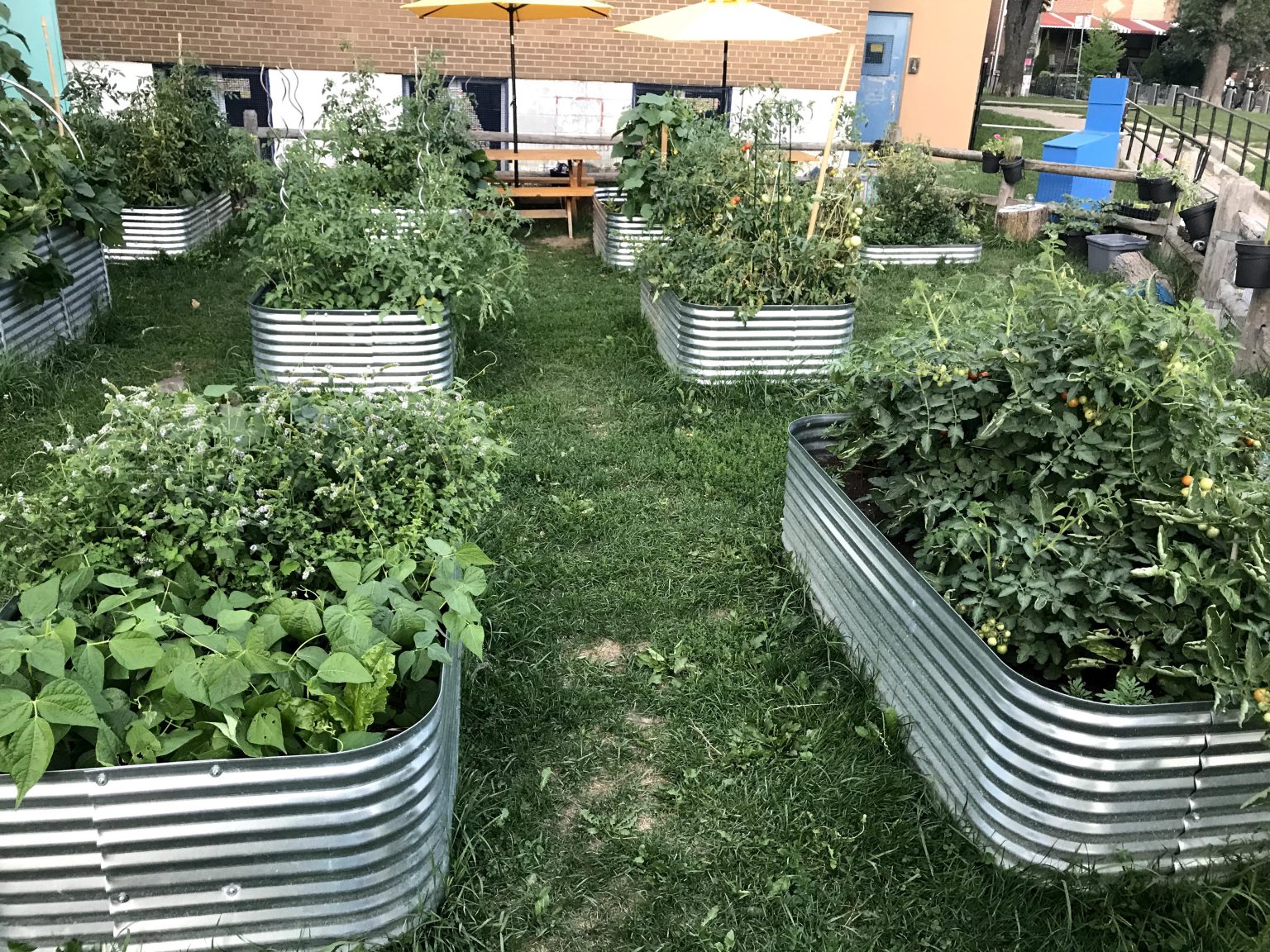
Toronto Food Policy Council (TFPC)
The Toronto Food Policy Council (TFPC) was established in 1991 as a subcommittee of the Board of Health to advise the City of Toronto on food policy issues. The TFPC connects diverse people from the food, agriculture and community sectors to develop innovative policies and projects that support a health-focused food system and provides a forum for action across the food system.
In the 1990s, there was already some concern in Toronto about the relationship between health and poor nutrition. Food systems and agricultural practices carried out were also considered to require special attention from health authorities, as new risks were being created for the population, for example due to the presence of chemical contaminants in food , antibiotic-resistant bacteria and strange new pathogens.
The idea of prevention in public health took hold, and high officials, among whom the assistant medical officer of health stood out, detected the importance of adding the question of food to political processes.
On this basis, several political agents had the will to build a "good city" and the creation of the TFPC was promoted as an intersectoral organization with the capacity to act politically around food.
- Bring issues such as access to food, urban agriculture, regional food self-sufficiency, fair trade or buying local to Toronto's food policy. Also support innovative policies and projects that encourage them.
- Develop and defend food safety by encouraging cooperation between the various departments and related government sectors.
- Work to improve the capacity of community health agencies to provide quality food services to the people they serve.
- Collaborate with educators to promote interdisciplinary research and teaching on food issues.
- Identify the most appropriate municipal mechanisms to improve public food policy.
- Improve Toronto's reputation and make it an example of good practice in public food policy.
- Work in the fields of research and communication to keep Toronto City Council and the public abreast of emerging trends in the fields of sustainable food.
The TFPC has as a guaranteed source of resources the Department of Public Health (a full-time coordinator and modest budget items), which reduces, to a certain extent, the dependence on possible instabilities in the municipal government.
It is important to emphasize the leading role of all members of the TFPC. Each of them is expected not only to participate, but to act as a relevant agent of change. The participatory approach is key to the model of food governance that is to be achieved.
The fact that the TFPC has been active for more than 30 years means that it is deeply rooted in the city, since during all this time many synergies have been established between this body and other organizations. Another fact that has given legitimacy to the TFPC, especially in the beginning, has been the generation of scientific articles focused on the question of food.
Finally, it is also important to highlight that the strategy of the TFPC consisting of supporting, enabling and mediating in the field of food has made it possible to focus on the issue.
This content will be available very soon
The Toronto Department of Public Health provides a modest budget line to the TFPC and some material resources.
TFPC meetings are held at the TPH or City Council facilities in Toronto. TFPC publications are printed by TPH and published on the City Council website. The TPH communications department helps with the design of TFPC posters and publications. In addition, depending on available resources, the TPH may also assign additional specialized staff to assist TFPC committees or projects.




